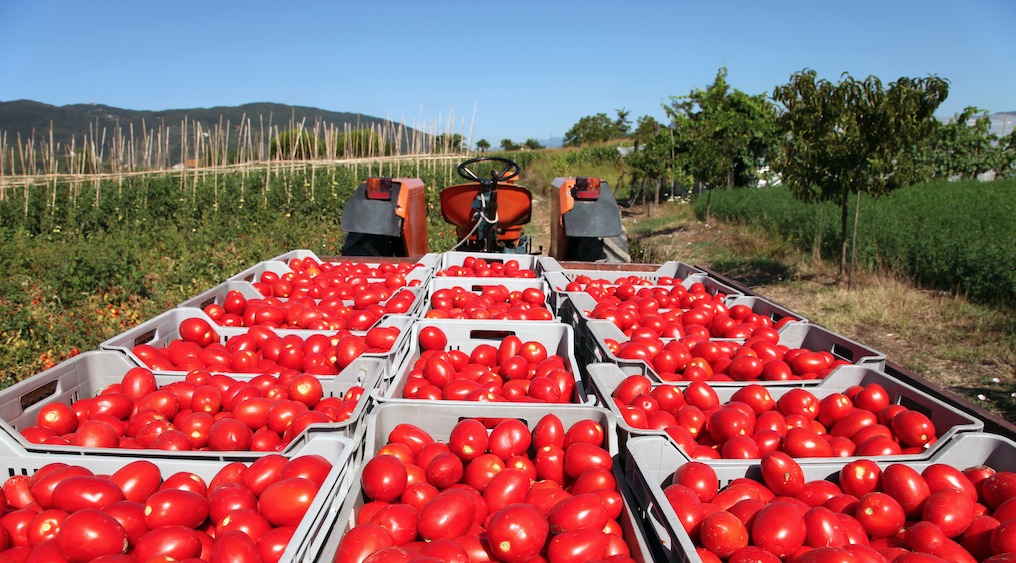About Us
EcoPhage is a leader in the development and commercialization of sustainable phage-based biopesticides for bacterial plant diseases
-
Products
Our phages-based bactericides for a range of crops
Read more -
Technology
We’re proud to introduce our proprietary discovery and mapping platform of bacteriophages
Read more -
Sustainability
Meeting the SDGs is part of our core values as part of shifting agriculture to be more sustainable
Read more


